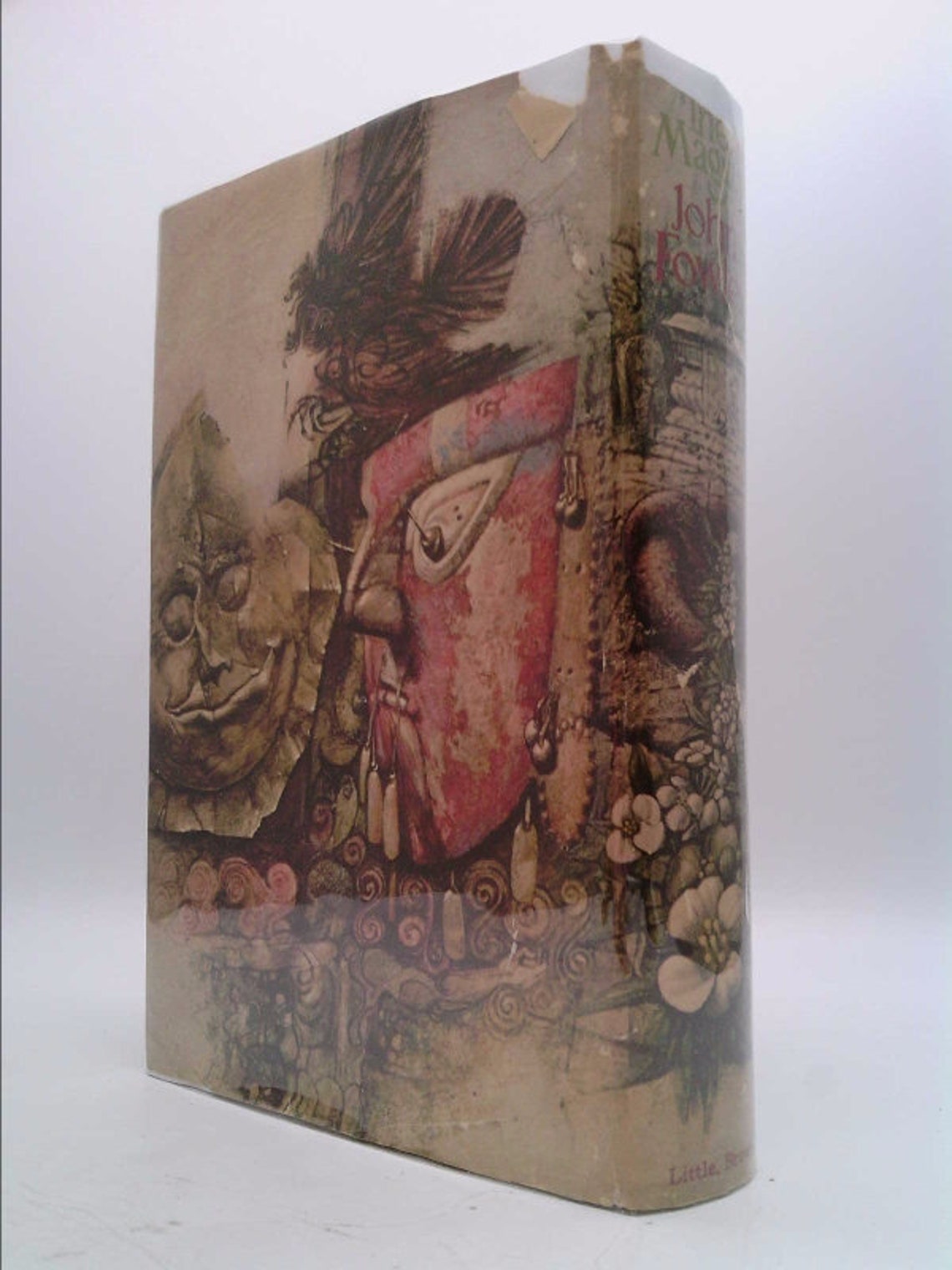

Fowles' writing is dominated by the consciousness of the author as a figure within his own books, entering the narrative at certain points to comment on the action, the characters' motives and possibilities, and explain how things might have been different.

His novels began with an original psychological thriller, The Collector (1963), but his reputation was made by his two best-known novels The Magus (1966), and especially The French Lieutenant's Woman (1969) with its vivid pastiche of Victorian fiction and famous device of 'alternative endings'. John Fowles enjoys a justifiably high standing as both a novelist of outstanding imaginative power (in some ways a modern-day Thomas Hardy, especially as a chronicler of his beloved Dorset), and as a highly self-conscious 'postmodernist' author who fully registers the artifice inherent in the act of writing, the fictiveness of fiction itself. His last book, The Journals: Volume 1 (2003), is the first volume of the journal he began as a student at Oxford in the late 1940s and continued over the next half century. He also published a Short History of Lyme Regis in 1982 and was the editor of Thomas Hardy's England (1984). The Tree, published in 1992, is partly a memoir of childhood and explores Fowles' enduring love of nature. He was an avid collector of old books and china and a fascinated student of fossils. John Fowles lived in Lyme Regis in Dorset on the south coast of England and was for a period curator of the local museum. Fowles' other fiction includes Daniel Martin (1977), Mantissa (1982) and A Maggot (1985). The French Lieutenant's Woman won the Silver Pen Award and the WH Smith Literary Award and was adapted as a film in 1981 with a screenplay by Harold Pinter. His best-known fiction includes his first novel, The Collector (1963), the story of a young clerk, a butterfly collector, who kidnaps a young woman The Magus (1966), set on a Greek island where a schoolteacher confronts a series of disturbing events and The French Lieutenant's Woman (1969), a formally experimental novel that tells the tale of Victorian palaeontologist Charles Smithson and his involvement with the notorious and enigmatic Sarah Woodruff. After graduating he taught English at the University of Poitiers and then at the Anagyriou School at Spetses. He was educated at Bedford School and New College, Oxford, where he read French and German.

John Fowles was born at Leighton-on-Sea, Essex in 1926, where he lived until the outbreak of the Second World War.


 0 kommentar(er)
0 kommentar(er)
